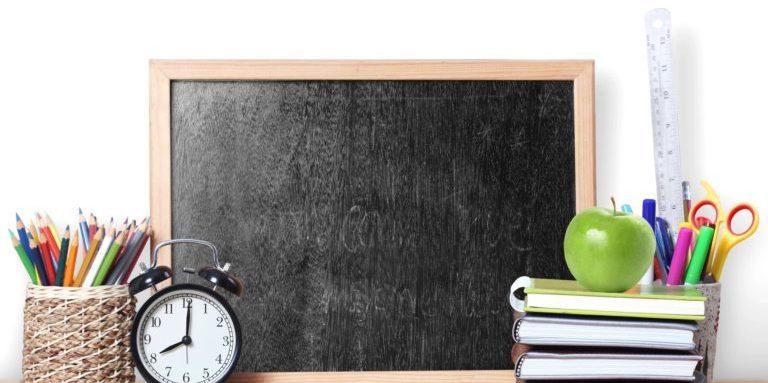NEW YEAR, NEW HOME-SCHOOL AGREEMENT
Posted on 11th November 2022
Somewhere amongst the start of term paper-work that wings its way to parents every September, is the unassuming home-school agreement; just another request to sign on the dotted line?
Not quite. The beginning of a new school year is the ideal time to reflect on the home-school agreement, after all, this partnership is the most important one in a child’s education. When this partnership works, it’s a win win situation for children who reap the benefits of parents supporting their classroom efforts and communicating with their teachers. Timely and honest conversations about anything that affects a child’s education, help to build confidence and respect between parents and teachers.
Conversely, when there’s little or no effort to foster a positive relationship, the first sign of a problem can lead to antagonism, divided loyalties and confusion. Sadly, when the partnership doesn’t work, each party sees the other as some kind of ‘enemy’, with a catalogue of history piled up in each side’s defence. Before we know it, there’s an impasse between a parent and a teacher, with the child bearing the real loss.
In this candid and essential read this ‘secret teacher’ describes the damage that’s done by being undermined by parents. The account describes the problematic, disruptive behaviour of one student which needed addressing. Instead of support from the parents, the situation was made worse by parents blaming the teacher and encouraging their daughter to continue defying her teacher’s authority. It’s no surprise that the whole class, stressed teacher and most importantly the student stood to lose the most in terms of her education and progress socially.
Trust is essential, and for some students, particularly as they get older, seeing cracks in their parents’ attitude towards teachers, is sometimes a licence for them to exploit situations by blaming the teacher. Not a game worth playing.
Through experience as a parent, school governor and working in the Family Learning sector with parents, I found the vast majority of parents and carers do respect their children’s teachers. However for some, communication or engagement may be minimal for personal reasons as one mother in my research explained:
‘At primary school, I was there all the time. Secondary is different. I feel a bit, well, shy as I wasn’t educated here and they might say something I don’t follow. Just some words sometimes.’
[Dina, chapter 5 – Relationships, p. 72]
On the flip-side, quite literally on the other side of this document, the home-school agreement clearly lays out the need for schools to keep parents informed about their child’s wellbeing and educational progress. And this isn’t just restricted to the two parent-teacher meetings. When the value of communication is embedded in a school’s ethos, in their daily values and not just on paper, the difference in parental commitment, at all levels is tangible.
Like any partnership, this one is complex too and the new school year is the ideal time to rethink what the home-school agreement actually means, so that it’s worth more than the paper it’s written on.
child wellbeing, communication, parents, partnership, relationship, teachers, values
Share this post:




